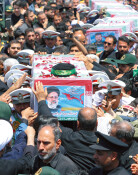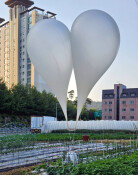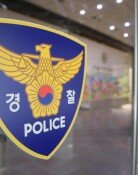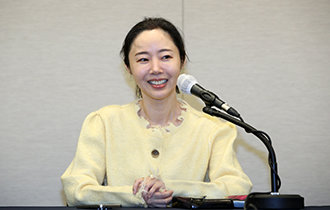Illegal Distribution of Government Rice?
Illegal Distribution of Government Rice?
Posted April. 16, 2007 03:01,
Prosecutors are investigating suspicions that the a current ruling party lawmaker who runs a processing factory for government grain illegally made hundreds of millions of won in profits by distributing rice aid for North Korea in the domestic market.
If the allegations turn out to be true, this case is expected to cause a bitter controversy in conjunction with the current dispute over offering North Korea rice aid.
According to sources from the government and political parties, a ruling party lawmaker, known as A, runs a processing factory, known as H, in his district and polished 12,200 tons of government rice from 2003 to March 2007.
Most of it was used for school meal catering or food stamp programs for welfare recipients (6,200 tons) and North Korea rice aid (5,800 tons).
The company annually makes profits of about 3.3 billion won to 3.6 billion won as commission from the government. The company shares are owned by A, As wife and brother.
According to the Ministry of Agriculture and Forestry regulations, if a processing company produces more than the amount the government asked for, it must report the surplus and the rest should be divided half between the government and the company.
However, it was confirmed that this company has never made such reports since it started operations in 2003.
Regarding this, a source from the government said, Company owners tend to make deals with the government in the expectation that they may make additional profits by surplus. He added that, However, if they dont report the surplus, it is an appropriation of government goods.
Another source from the government also said that, The government usually offers North Korea rice that it purchased one or two years ago. If the government rice is distributed in the market, consumers are deceived to buy government rice under the impression that it is fresh grain.
Meanwhile, the prosecution has started an investigation into the case after receiving reports from a former executive of the company, known as C, arguing that company H illegally made 500 million won in profit from 2003 to 2005 by distributing government rice in the domestic market through middlemen and without reporting its surplus to the government.
Prosecutors are now questioning middlemen, government officials related to government rice processing, and the former executive, C. If the charges are confirmed, the prosecution plans to summon A and As wife.
myzodan@donga.com







